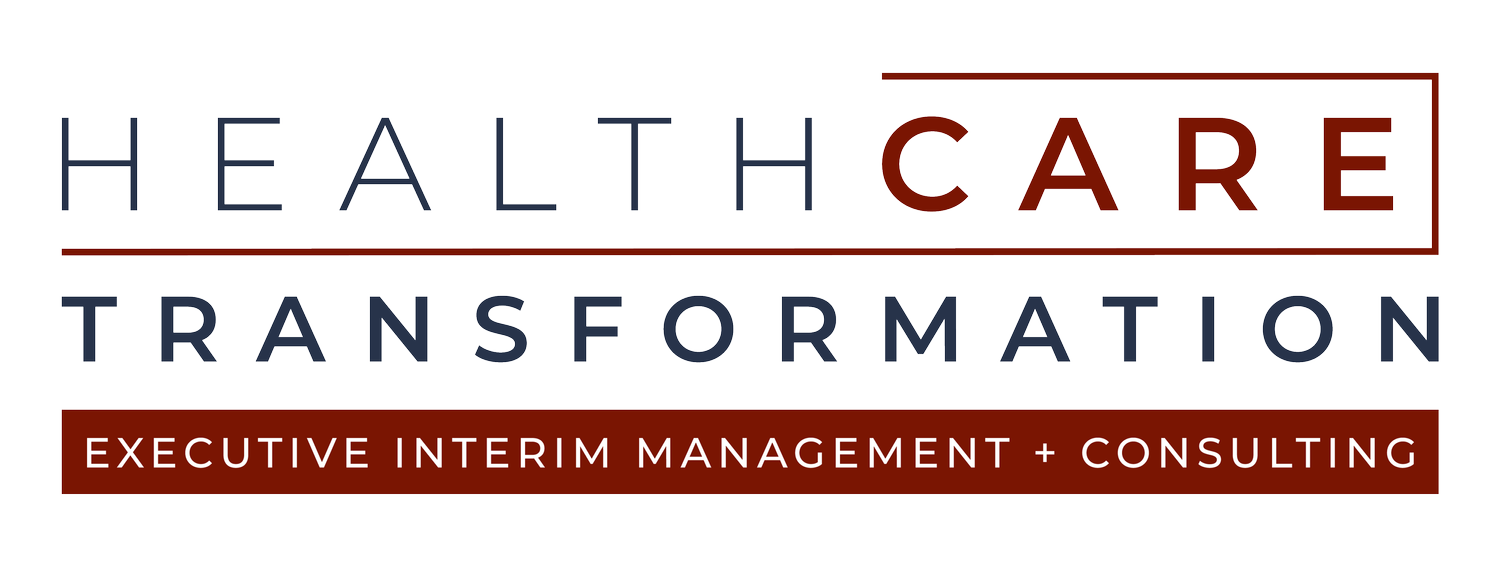How Healthcare Leaders Can Successfully Navigate Crisis Situations
When crisis situations arise in a healthcare environment, they can pose significant threats to patient safety, employee well-being and overall operations. Swift, responsible crisis management is essential, and healthcare leaders must be prepared to respond appropriately.
Just like the nuance in medical diagnoses, no two crisis scenarios are exactly alike. This means leaders have to be adaptable in their approach.
Here are the qualities and skills leaders should harness to successfully navigate their organizations through any crisis.
Understanding Crisis Situations
Crises in healthcare each have their own challenges and considerations and come in many forms.
Natural Disasters: Floods, hurricanes, earthquakes and other intense weather phenomena can upend operations. Notably, the wildfires on Maui last year that devastated the island caused widespread disruption to healthcare services.
Pandemics: Probably the most pressing on the minds of most citizens are pandemic-related crises. Outside of Covid-19, flu season and other seasonal outbreaks can cause strain on medical facilities.
Technological Failures: The unfortunate uptick in cyberattacks has cost many organizations time, money and other setbacks.
Human Resource Challenges: Shortages of healthcare workers, burnout and other gaps in employee coverage can critically impact patient care.
The effects of various crises on healthcare organizations are vast and can severely hinder healthcare systems.
Effective Crisis Leadership Qualities
When a crisis occurs, leaders have to balance immediate action with long-term recovery efforts. Traits that serve leaders well during these tumultuous times include:
Decision-Making Under Pressure: It’s no secret unforeseen situations cause extreme pressure on the leaders who navigate them. Taking bits of information and piecing them together to make informed decisions conveys strength and stability during times that are anything but.
Communication Skills: Especially in a crisis scenario, communication is critical. Keeping stakeholders, patients, staff and other necessary parties informed and updated can ease anxiety and mitigate further headaches.
Empathy And Emotional Intelligence: Healthcare is a balance of being rational and emotional. Crises within the industry are no different. Leaders must remain sensitive to the emotional and psychological impacts that might occur while continuing to remain objective and make thoughtful decisions.
Strategic Thinking: It’s one thing to put out the immediate fire. It’s another to see the long-term implications of a crisis and how your actions affect that. While they aren’t mind-readers, leaders must be able to anticipate in some form how decisions will play out.
How Leaders Can Prepare For Crisis Situations
While no healthcare leader wants to undergo a crisis, it pays to be prepared for when one does happen.
It starts by promoting a culture of communication and transparency from the get-go — not tolerating secrecy and cover-ups. Leaders who foster open communication, feedback and sharing are establishing good habits while also mitigating the fallout of crises before they start.
Further, having proper workflows in place helps. Employees feel supported, and everyone in the organization knows who to go to in the event of an emergency. Having appropriate channels in place allows for efficient allocation of resources and bolsters a resilient workforce.


